Professor , Doctor, People's Teacher Nguyen Quang Ngoc, Vice President of the Vietnam Historical Science Association, former Director of the Center for Hanoi Studies and Capital Development, has many research topics on Hanoi, editor, co-editor and author of more than ten books and dozens of scientific articles on Hanoi, successfully building the field of Hanoi Studies to serve the development strategies of the Capital. He is also the person who directly participated in building the dossier of the Central relic site of Thang Long Imperial Citadel as a World Cultural Heritage. In 2020, Professor Nguyen Quang Ngoc was awarded the title of Distinguished Citizen of the Capital.
On the occasion of the 70th anniversary of the Liberation of the Capital (October 10, 1954 - October 10, 2024), Professor Nguyen Quang Ngoc had an interesting conversation with reporters of VietnamPlus Electronic Newspaper about the heroic history of the Capital as well as the core values to preserve and develop a Hanoi - a city for peace.
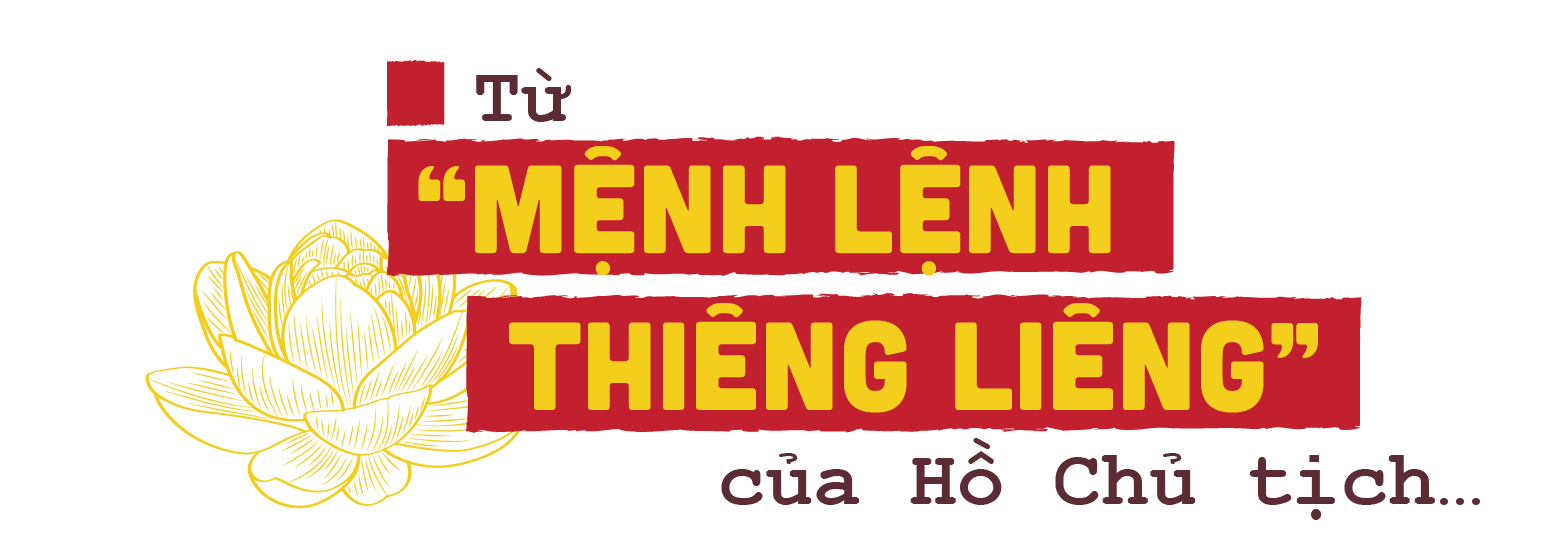
– In the memory of many Vietnamese people, the Liberation of the Capital on October 10, 1954 is a milestone in the heroic history of our nation when the revolutionary army entered to liberate the capital, opening a new chapter in the struggle for national liberation. So, could you please tell us the historical context of this important milestone?
Professor Nguyen Quang Ngoc: On May 7, 1954, the historic Dien Bien Phu victory ended our nation's resistance war against the French. We returned to the Geneva negotiating table as victors and signed the Agreement on July 21, 1954. According to the Geneva Agreement, France and the relevant parties pledged to respect the independence, sovereignty and territorial integrity of Vietnam, Laos and Cambodia. Due to the balance of power, the parties took the 17th Parallel as a temporary boundary. France and pro-French forces had to move south. From the 17th Parallel to the North, including the capital Hanoi, was completely liberated.
On the Vietnamese side, the Party and Government advocated taking over the entire northern region, focusing on Hanoi city. Meanwhile, the French army gradually withdrew from Hanoi city. From September 1954 to October 9, 1954, the last French soldiers withdrew from Hanoi via Long Bien bridge, meaning that the capital Hanoi was liberated.
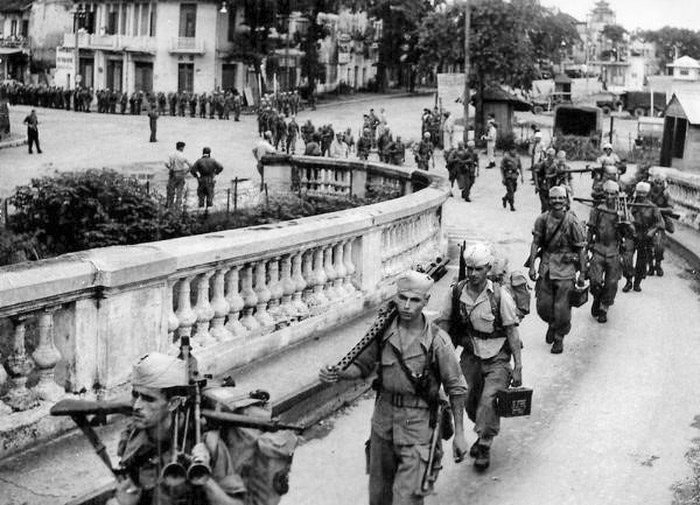
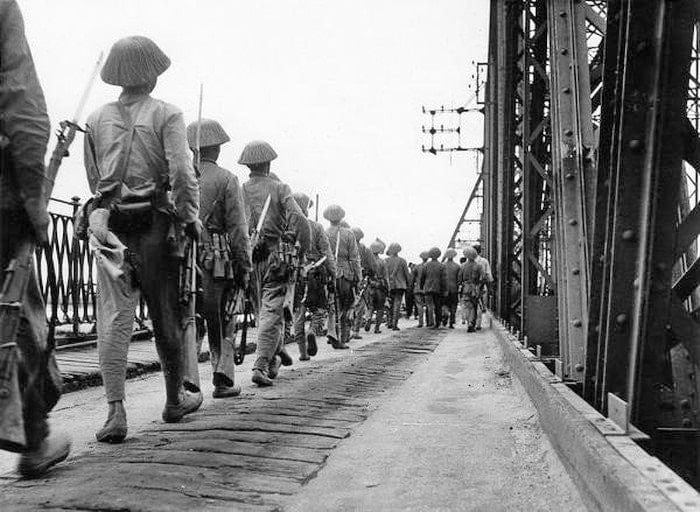
On September 19, 1954, Uncle Ho and the Vanguard Corps (Division 308) arrived in Phu Tho and stopped at Gieng Temple in the Hung Temple relic site. Uncle Ho spoke to the Vanguard Corps and affirmed: "The Hung Kings had the merit of building the country, we, uncles and nephews, must work together to protect the country." Uncle Ho instructed the cadres and soldiers who took over the capital to maintain strict discipline, maintain order and security, protect the lives and property of the people, and fight against all acts of sabotage by the enemy; to protect industry and commerce, including that of foreigners. The soldiers must help the people, propagate and explain to the people, and must not do anything to annoy the people, so that everyone from the elderly to the children will love and trust them. This is a sacred command, a strategy to take over the Capital, not only by military forces, but also by the combined strength of the entire people, material strength, spiritual strength, strength from the depth, from the roots of national history and culture.
So we saw that on October 10, 1954, the Vanguard Army took over the Capital in a peaceful, joyful atmosphere, without gunfire and without bloodshed.
– Professor, what was the significance of President Ho Chi Minh and the Party's policy of sending intellectual youth from the war zone to the Capital from the beginning of October to prepare for the takeover in the early days of the construction and development of the Capital later?
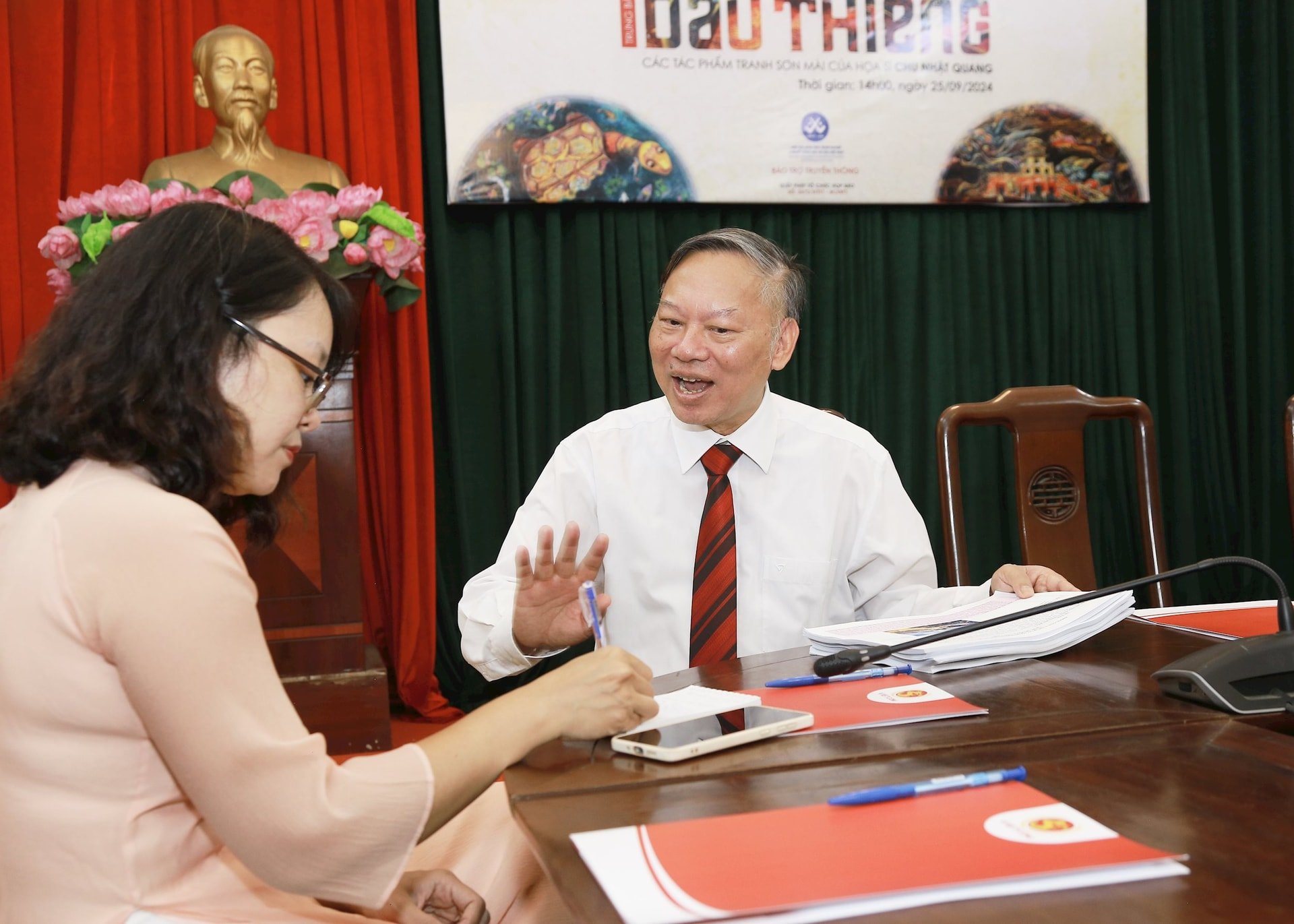
Professor Nguyen Quang Ngoc: We had just gained power in the capital Hanoi in the great August Revolution, and had to immediately enter the resistance war against the French. Most of the intellectuals in the capital went to the Viet Bac base to serve the resistance. The rest worked at the Indochina University. By 1951, the Indochina University moved to Saigon, Hanoi had almost no intellectuals working directly. Also starting from this time, the Party and the Government, in their policy of resistance and national construction, took care to build a new team of intellectuals for the capital Hanoi. This was the important force participating in the reception of the capital, implementing Uncle Ho's teaching of "making Hanoi a peaceful, joyful and prosperous capital."
It was a miracle that we took over and kept the capital relatively intact. Granted, with extremely backward infrastructure and here and there still being sabotage plots from the enemy, in the end we overcame everything, quickly and safely took over the capital, maintained peace and quickly rebuilt the thousand-year-old capital in the direction of socialism, making it a great rear base for the great front line in the South. The new intellectuals of the capital Hanoi always played a particularly important role in this great construction work.
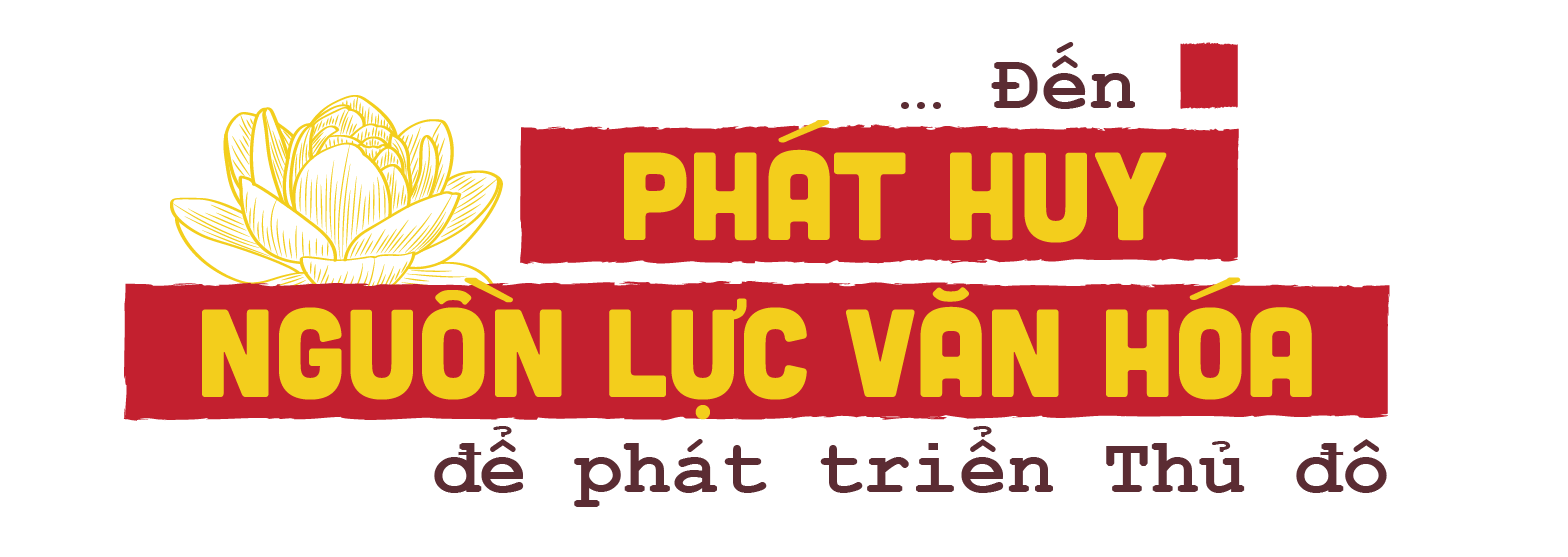
– Professor, as someone who has done many research works on the capital Hanoi, how do you evaluate the 70-year process of Hanoi's innovation and development?
Professor Nguyen Quang Ngoc: First of all, I think that Hanoi has fully fulfilled its mission as a great rear base for the great frontline in the resistance war against the US to save the country. In particular, that mission was crystallized by the Dien Bien Phu Victory in the Air at the end of 1972. This event crystallized all historical and cultural values, creating a miracle, contributing greatly to the liberation of the South and the reunification of the country.
As the capital of the Socialist Republic of Vietnam, Hanoi has been a pioneer in the country's innovation and construction.
On the first day of taking over, Hanoi had only 36 inner-city neighborhoods and 4 suburban districts (46 communes), with a population of over 400,000, of which the vast majority were small-scale traders and poor farmers. Today's Hanoi has completely changed compared to 70 years ago. This is truly a miraculous step forward.
– As a capital with a thousand years of history, according to the Professor, what should Hanoi do to preserve the cultural values that make up its soul?
Professor Nguyen Quang Ngoc: One principle of building our capital is to develop on the foundation of heritage. It must be said that Hanoi possesses a large amount of historical-cultural and natural heritage that is extremely rich and diverse. If only counting tangible cultural heritage, according to statistics, Hanoi has nearly 6,000 relics, accounting for nearly one-third of the total number of relics in the country, while Hanoi's area accounts for only 1% of the country's natural area. That is a huge resource for Hanoi to develop comprehensively and sustainably, but it is also a big challenge for the leaders and managers of the capital, because exploiting this resource requires a heart and a commensurate scope.
The city has demonstrated its determination to build a Cultural - Civilized - Modern Capital on the foundation of heritages with policies, guidelines and decisions all based on the promotion of historical-cultural values, preservation and promotion of heritage values, taking the lead in developing cultural industries, promoting cultural tourism, and raising the heritage economy to become a strong economic sector of the capital. I believe that this is a sustainable, comprehensive and highly innovative development direction of Hanoi today.
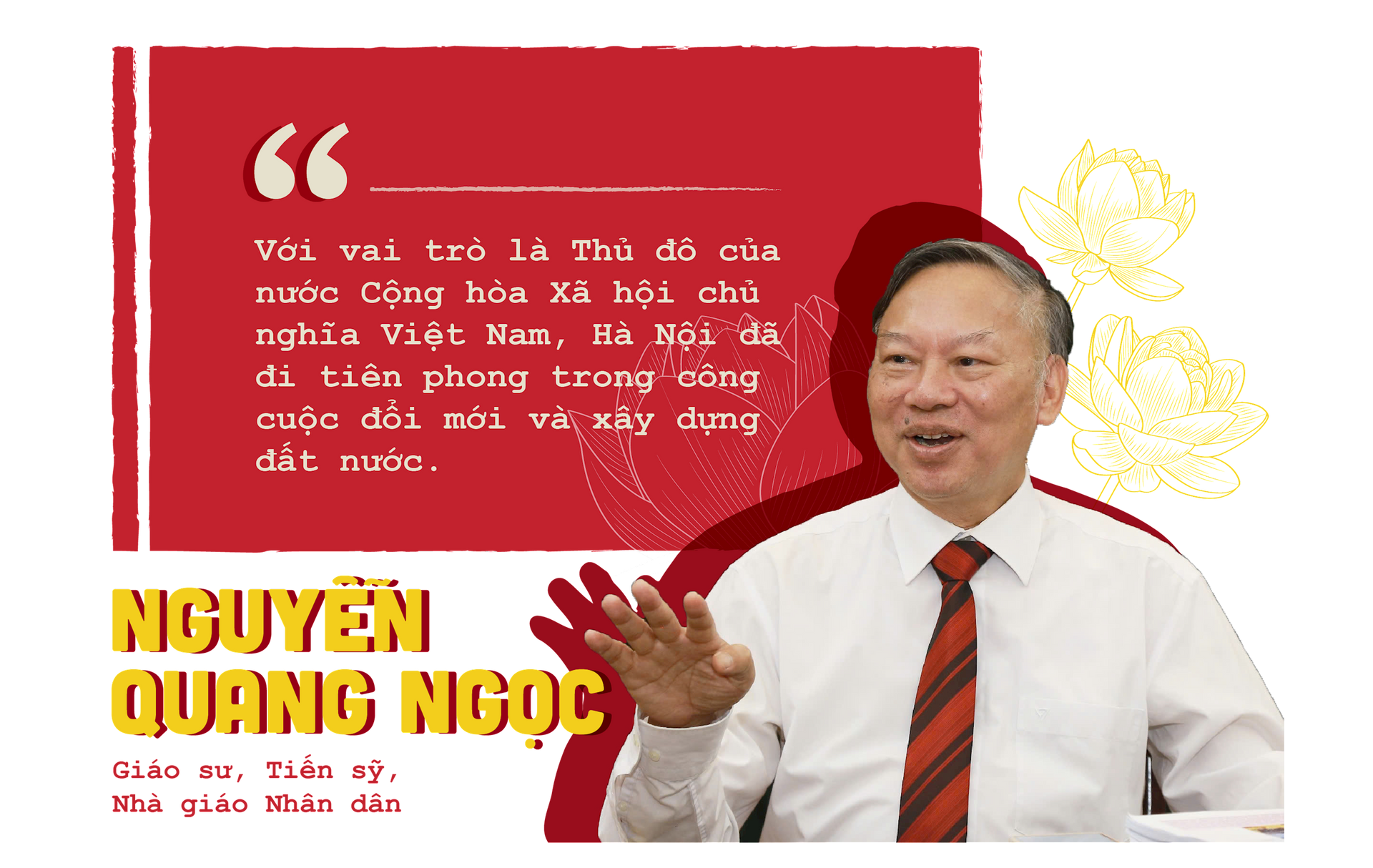
– Hanoi has been recognized by the world as “Creative City”, “City for Peace”, “Capital of Conscience and Human Dignity”…, so what must we do to promote those titles without ‘losing’ out of the flow of urban civilization?
Professor Nguyen Quang Ngoc: On July 16, 1999, Hanoi was honored by UNESCO as a “City for Peace,” but we need to understand that it was the world’s recognition of the entire historical and cultural process of the city, not just the last year of the 20th century. Speaking of Thang Long-Hanoi – City for Peace, we cannot help but mention the “Proclamation of Victory over the Wu” by Le Loi-Nguyen Trai with its immortal declaration: “Using great justice to defeat cruelty/Using benevolence to replace violence” and expressing the wish “The universe will be in decline and then will be at peace/The sun and moon will set and then will shine again/Forever and ever the foundation of peace will be firm.”
Our ancestors in ancient times affirmed the importance of peace and stability. The love of independence, freedom, and the burning desire for true peace have been the source of strength to overcome all challenges and dangers.
Today, we need to continue the tradition and elevate the value of tradition. This is truly a great cultural revival, a period of “great renaissance” of national culture to enhance the comprehensive and sustainable development of the Capital.
Culture has become the torch that led our people through two resistance wars, creating miracles in building and defending the Fatherland.
Since the first National Cultural Conference in 1946, Uncle Ho emphasized: “Culture must light the way for the nation to go” and indeed, culture has become the torch that leads our people to overcome two resistance wars, creating miracles in building and defending the Fatherland. Although culture has proven its role, until now there are still opinions that culture is only to decorate life, is a “follower” industry, only knows how to “spend money” but does not create wealth for society… That is an unrealistic and extremely childish way of thinking. We are living in an era when economy and culture are intertwined into a unified entity and culture is becoming the greatest and most important resource for development in any country.
I am very pleased to know that Hanoi is the first locality in the country to have a specialized resolution on the development of cultural industries (Resolution No. 09-NQ/TU). Hanoi has also just completed the Capital Law (amended) and the Capital Planning for the period 2021-2030, with a vision to 2050 ... all of which especially emphasize the role of culture. This shows the great determination of the entire city's political system to soon realize the goal of building a Cultural-Civilized-Modern Capital Hanoi.
Thank you very much, Professor!
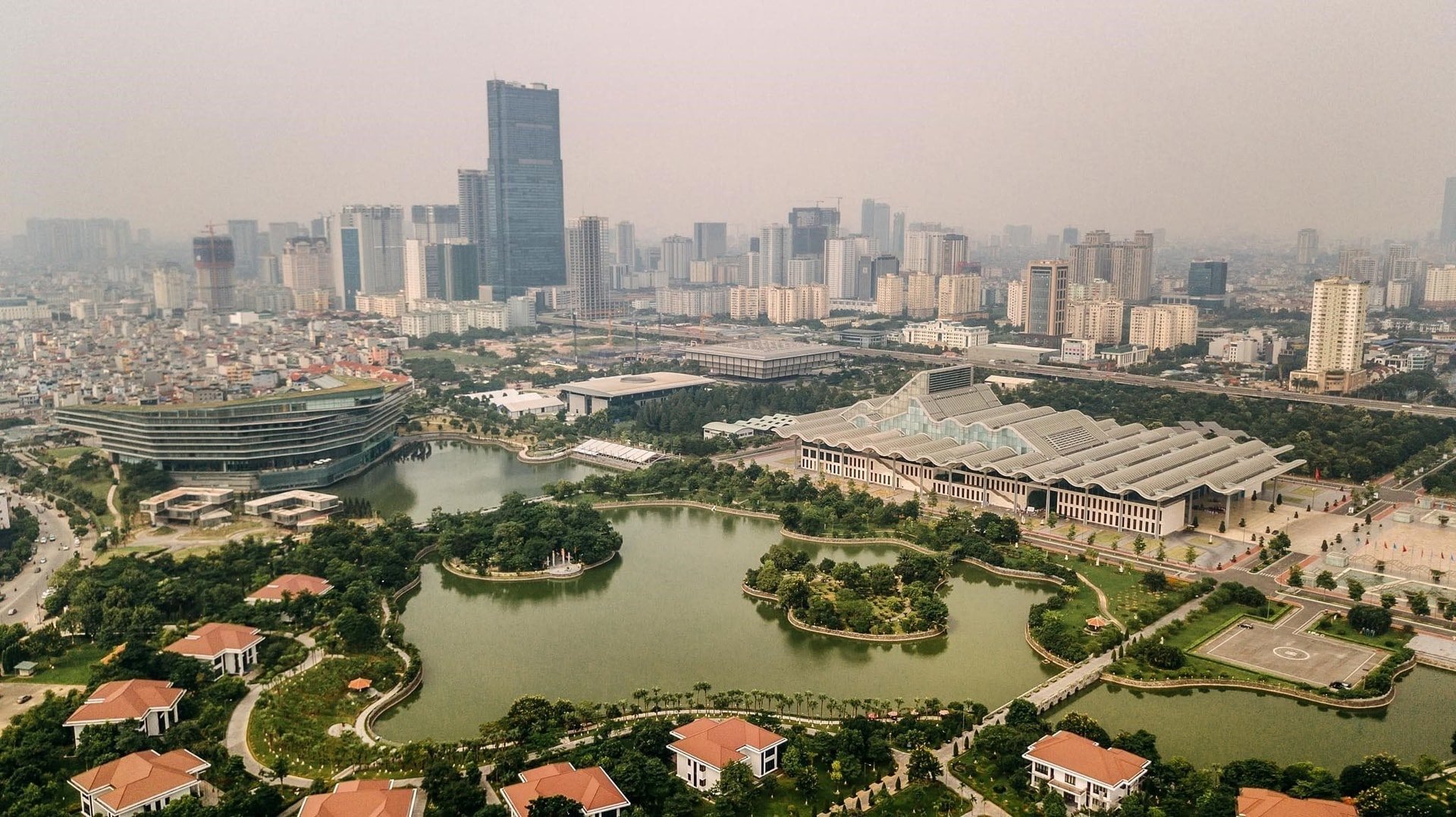
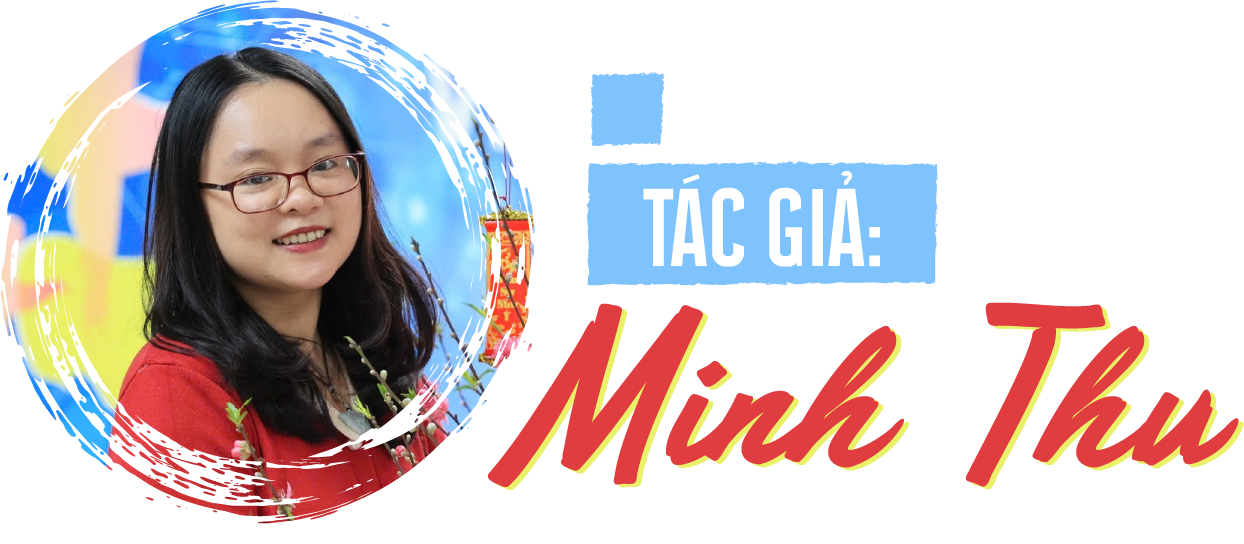
Vietnamplus.vn
Source: https://mega.vietnamplus.vn/bai-4-thu-do-ha-noi-noi-ket-tinh-suc-manh-van-hoa-tinh-than-viet-nam-6627.html


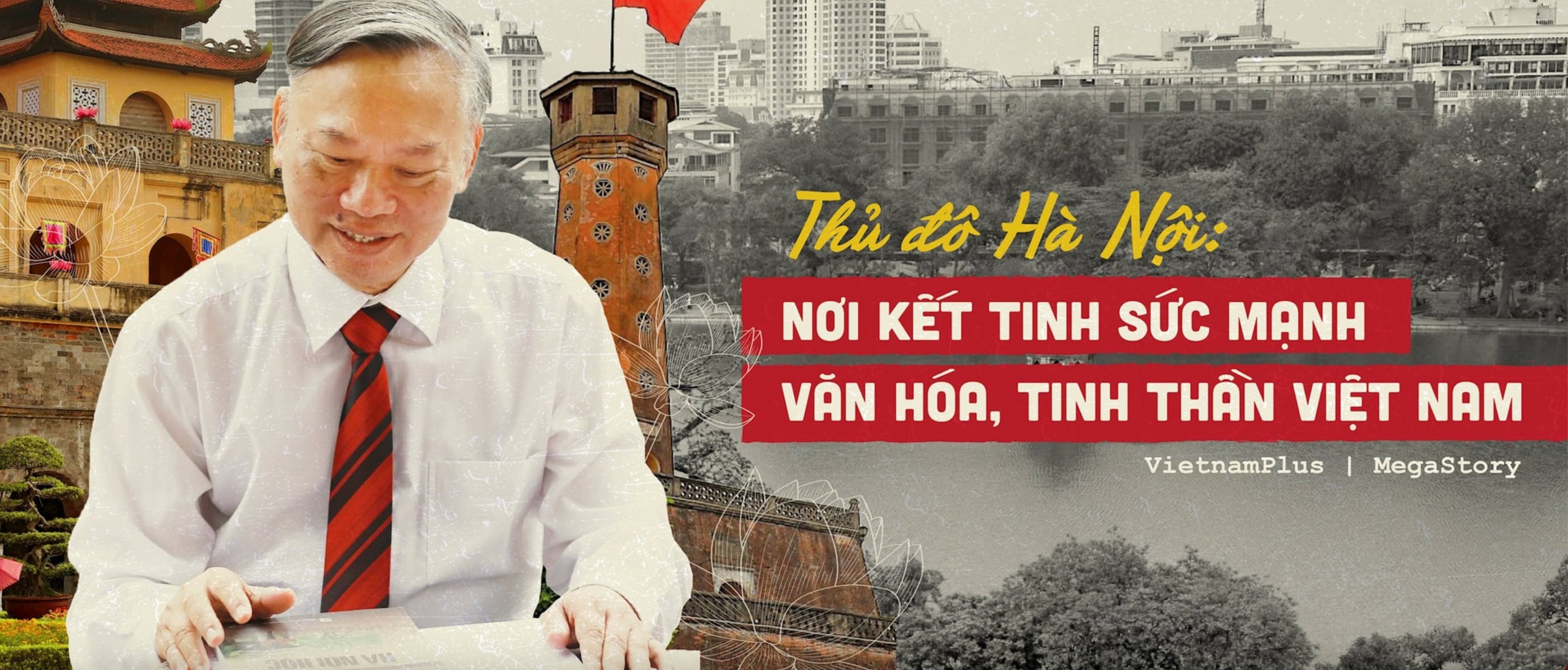

![[Photo] More than 17,000 candidates participate in the 2025 SPT Competency Assessment Test of Hanoi National University of Education](https://vphoto.vietnam.vn/thumb/1200x675/vietnam/resource/IMAGE/2025/5/17/e538d9a1636c407cbb211b314e6303fd)
![[Photo] Prime Minister Pham Minh Chinh chairs meeting on science and technology development](https://vphoto.vietnam.vn/thumb/1200x675/vietnam/resource/IMAGE/2025/5/17/ae80dd74c384439789b12013c738a045)


![[Photo] Readers line up to visit the photo exhibition and receive a special publication commemorating the 135th birthday of President Ho Chi Minh at Nhan Dan Newspaper](https://vphoto.vietnam.vn/thumb/1200x675/vietnam/resource/IMAGE/2025/5/17/85b3197fc6bd43e6a9ee4db15101005b)


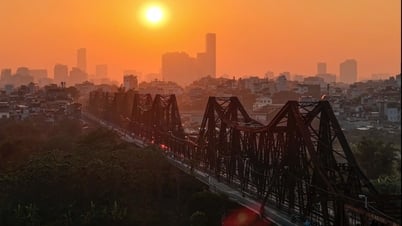

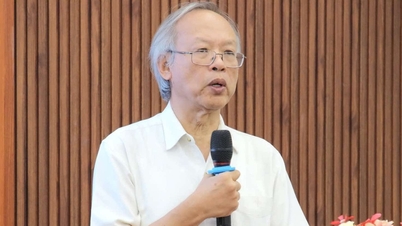

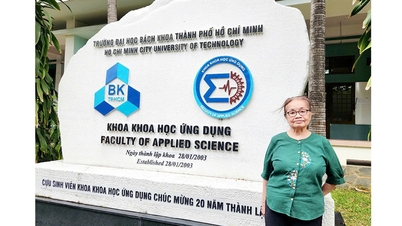



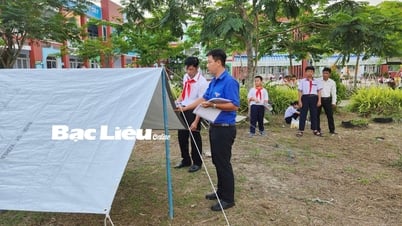
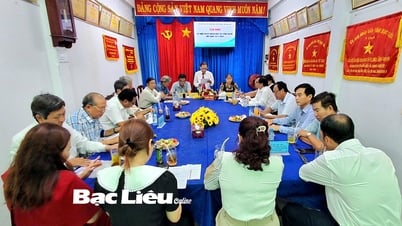
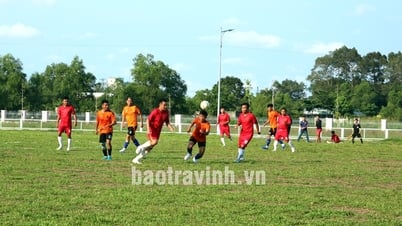
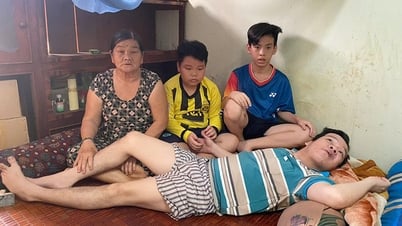
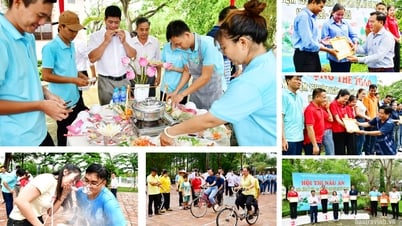
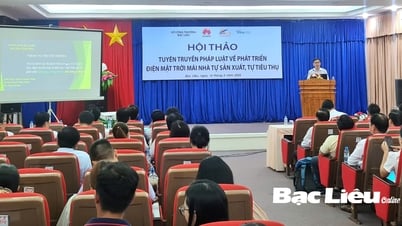






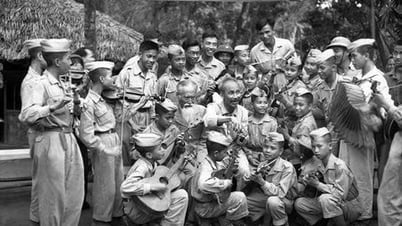

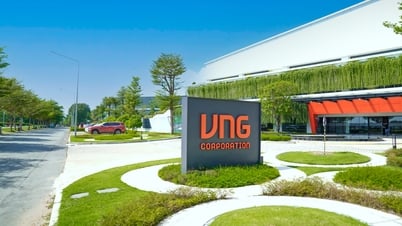
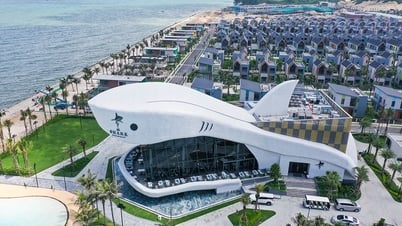
![[Photo] Nearly 3,000 students moved by stories about soldiers](https://vphoto.vietnam.vn/thumb/1200x675/vietnam/resource/IMAGE/2025/5/17/21da57c8241e42438b423eaa37215e0e)




































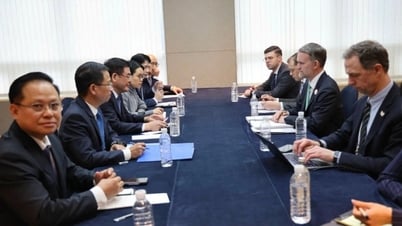











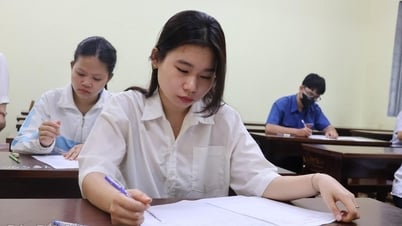

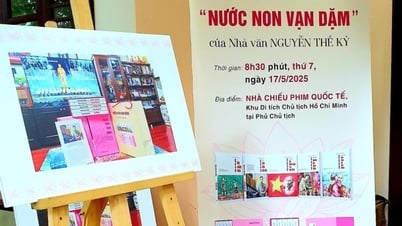

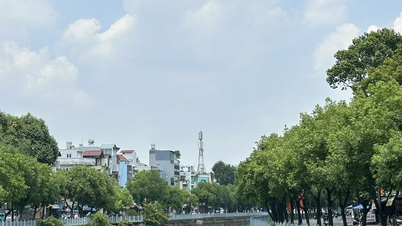
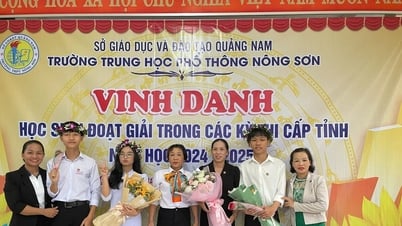

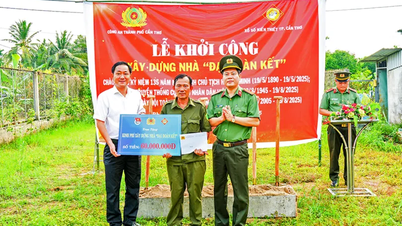











Comment (0)